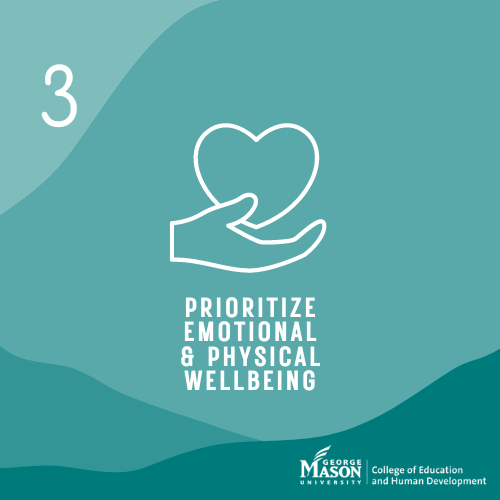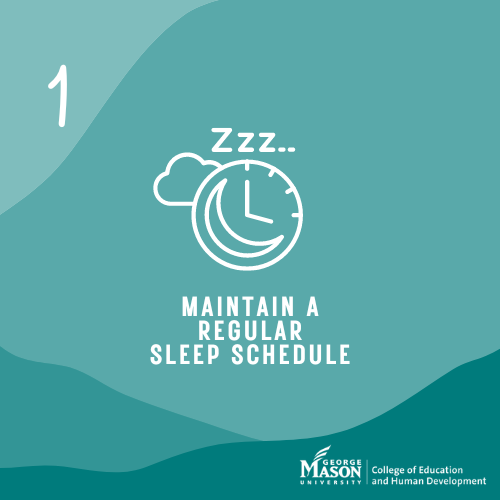
The CEHD Student Success Team believes that a successful student is one who is informed, engaged, and present.
Those selected as members of the CEHD Student Success Advisory Board will be tasked with thoughtfully carrying out this “student success philosophy” while serving as representatives for the College and providing faculty and staff with insight into the needs of the CEHD student body. Advisory Board members should demonstrate strong leadership skills to support them in fulfilling the diverse duties of the role such as assisting with CEHD signature events and functions, creating social media content, and planning service or social events for the College.
Students that are selected will be given access to leadership training and professional development opportunities, CEHD swag, and graduation perks.
Interested in being a member of the CEHD Student Success Advisory Board? If so, this is your opportunity to stand out amongst peers while adding valuable experience to your resume and networking with CEHD faculty and staff.
Benefits:
Letter of recommendation
Exclusive access to new CEHD swag
Networking opportunities with CEHD faculty and staff
Leadership training and professional development opportunities
Graduation perks:
- CEHD Representative cord to wear at graduation ceremonies
- VIP seating for family and friends at CEHD Degree Celebration in May
Expectations:
Attend monthly CEHD Student Success Advisory Board meetings
Collaborate with other members to create social media content such as, “Day in the Life” content, Instagram Story takeovers, posts on the Student Success Blog, and CEHD faculty/staff interviews
Attend and provide support for at least 2 CEHD signature events per semester
- Fall semester – 2 events
- Spring semester – CEHD Student Research Symposium (April 25, 2024, 6-8 PM) + 1 additional event
Help facilitate RLC events as needed
Plan one college-wide social or service event per semester
Qualifications:
- Demonstrate pride for CEHD and Mason
- Have, and maintain, a GPA of 3.0 or higher
- No active Student Conduct, Academic Integrity, or disciplinary violations
- Demonstrate reliability, responsibility, and initiative
- Demonstrate the ability to work collaboratively with a diverse group of people
- A letter of recommendation from a CEHD faculty or staff member is preferred, but not required
Application:
Ready to apply? Complete the Interest Form by our extended deadline of Wednesday, October 4 to be considered for a position. After review, those selected will be invited to a brief virtual interview. Email Caroline Masakayan, Student Enrichment Coordinator, at [email protected] with further questions.




